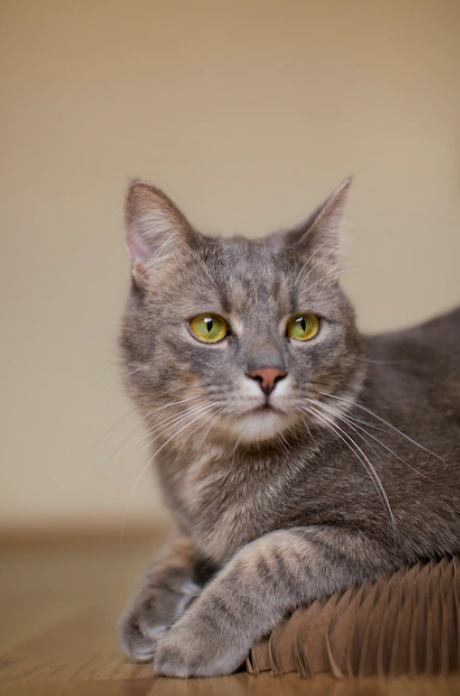
Get A Quote
Why is My Cat Throwing Up? Let's Find Out!
While occasional vomiting is normal for cats, frequent episodes could indicate an underlying health issue causing stomach upset. In this blog, our veterinarians will analysis why is my cat throwing up and what to do when your cats throw up.
Cat Vomiting
Much like humans, cats can encounter stomach upset due to various factors. From viruses and parasites to a response to something they ingested or more severe conditions like cancer or organ issues, there's a broad spectrum of reasons for your kitty's upset stomach.
If your cat exhibits frequent vomiting, occurring more than once a month or in a continuous manner, it's crucial to promptly consult a veterinarian. This will help diagnose the root cause behind your cat's vomiting and initiate appropriate care.
Why is My Cat Throwing Up?
Hairballs
Hairballs are masses of undigested fur that form in your cat's stomach. Common in long-haired cats or those with excessive grooming habits, hairballs are often accompanied by hacking noises and spasms when your cat attempts to expel them. While cats can usually rid themselves of hairballs, difficulty in doing so requires prompt veterinary attention. Trapped hairballs may lead to dangerous intestinal blockages.
Overeating or Rapid Consumption
When cats consume excessive amounts of food too quickly, vomiting shortly afterward is a common outcome. Various cat bowls designed to slow down eating are available to address this issue. However, persistent vomiting after meals could indicate more serious concerns like hairballs, dehydration, esophageal problems, or digestive tract blockages. If your cat consistently vomits after eating, consulting a vet is essential.
What to Do When Your Cats Throw Up.
When visiting the vet due to your cat's vomiting, it's beneficial to bring along a sample of your cat's vomit. This sample aids the vet in examining potential causes for your cat's upset stomach.
Different characteristics in the vomit can provide insights into potential issues:
- Excessive mucus may indicate inflammation in the intestine.
- Undigested food might suggest poisoning, anxiety, or simply overeating.
- Presence of bile could be a sign of pancreatitis or inflammatory bowel disease.
- Red blood in the vomit may signify stomach ulcers.
- Strong-smelling vomit may be linked to intestinal obstruction.
Treatment for your cat's vomiting will be tailored to address the underlying problem. Depending on the identified cause, treatment may range from a simple adjustment in diet, temporary food restriction, to more complex measures such as surgery or chemotherapy.
Conclusion
Cats possess an innate curiosity that may lead them to inadvertently ingest substances harmful to their health. To safeguard your cat, ensure toxic plants, human medications, yarn or string, chocolate, and small objects are kept out of their reach. Ingesting these items can lead to digestive complications.
If your cat experiences frequent vomiting, prompt veterinary attention is crucial to identify the root causes. It is advisable not to delay seeking veterinary care if you suspect your cat may be unwell. There is a lot of cat knowledge on DB PET!

